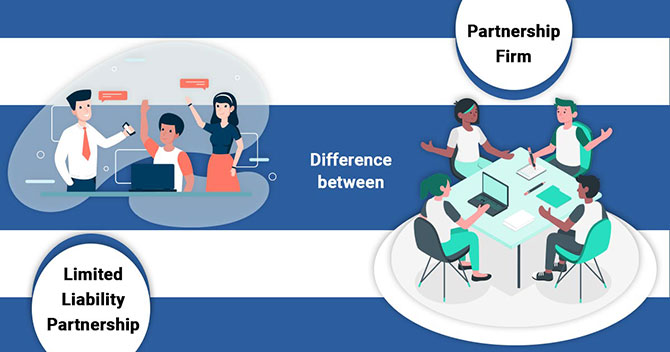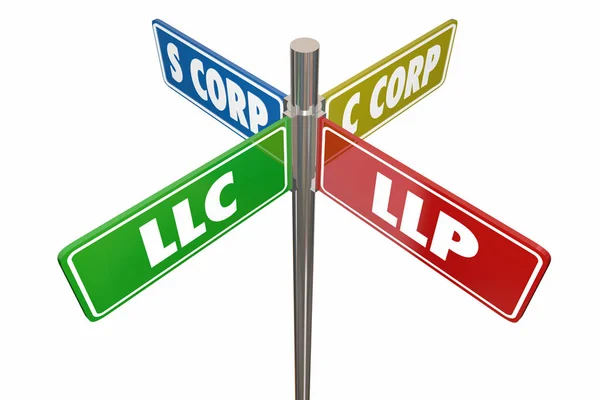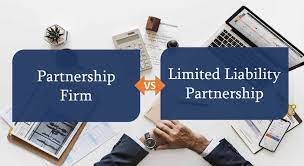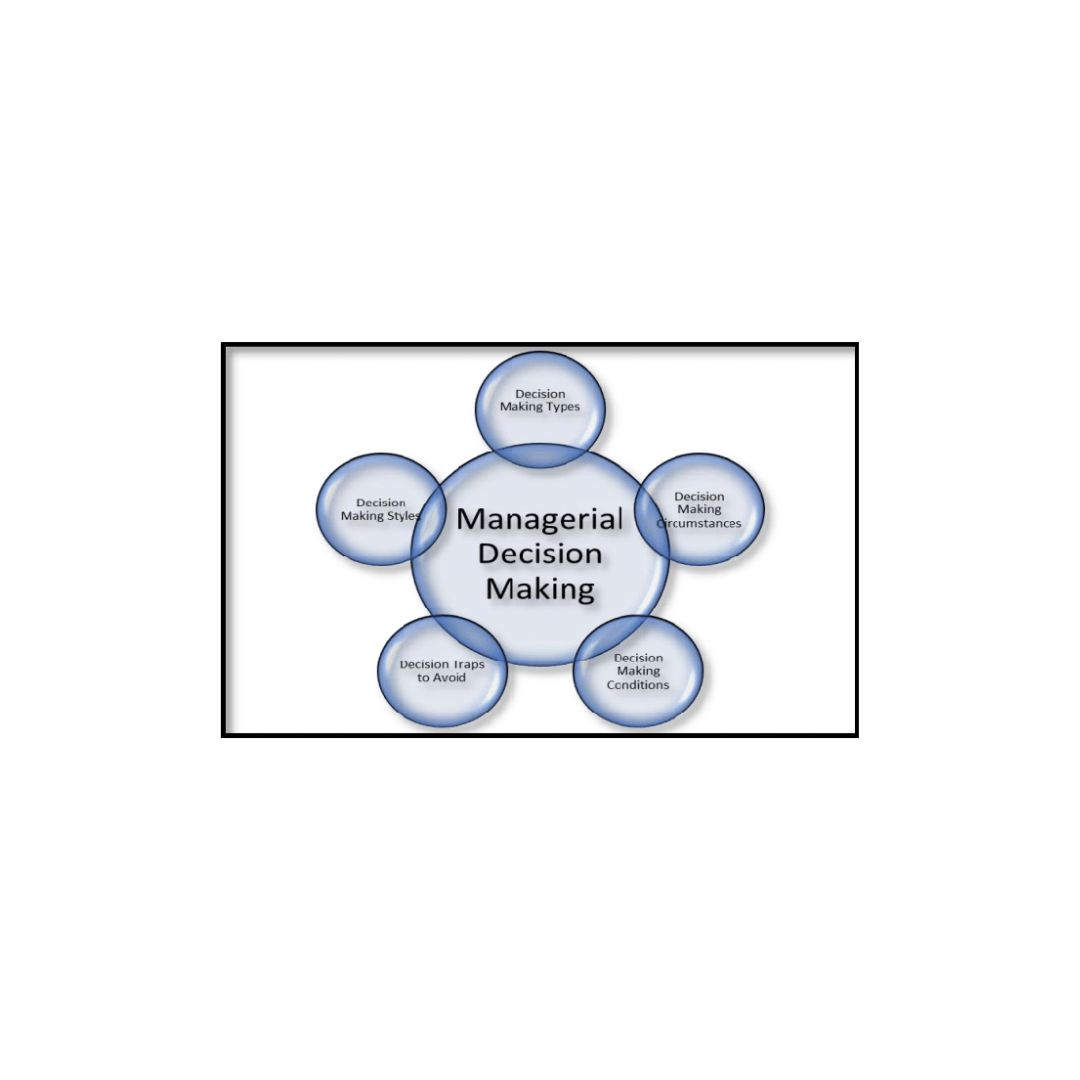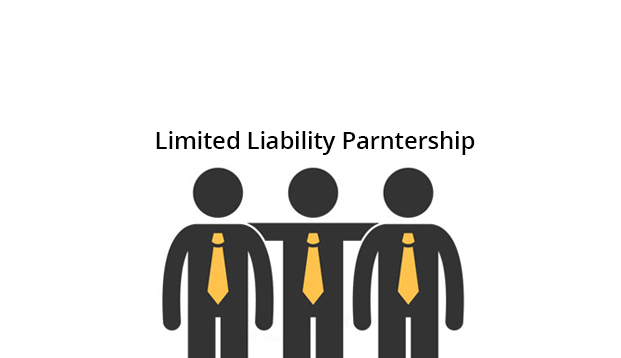Why LLP is better than partnership?
Benefits of LLP compared to Partnership: Limited Liability Partnership (LLP) structures offer several advantages over traditional partnerships. Here are some reasons why LLPs are often considered preferable to general partnerships: Limited Liability Protection: An LLP stands out due to its ability to provide partners with limited liability protection, which is one of its key advantages.… Read More »
